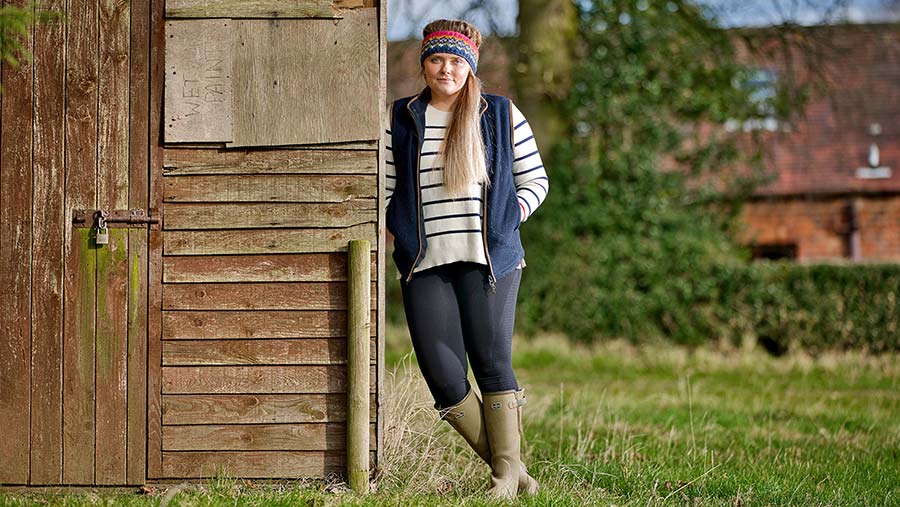Lucy Nott: Farmers on front line of climate change battle
 © Richard Stanton
© Richard Stanton While the powers-that-be fly around the world for COP28, Britain’s farmers are firefighting on the front line of climate change.
Weather has always been uncertain, but in recent years the patterns we are used to have started to change. Autumns are getting wetter earlier and, well, who knows what summer is like anymore!
See also: Lucy Nott – it’s been a year of rebuilding myself
The changes that we are seeing are causing us to have to think on our feet more, have a plan A, B, C (and D) for planting, and try new techniques to get one step ahead of the weather.
These adaptations are causing extra stress for farmers, as they start to question the systems they have practised for years.
It won’t be long until the weather changes that farmers are battling in the fields are reflected on the supermarket shelves.
For the majority of Britain, the rainier autumn might have meant no more than a wet wedding, more rainy day activities with the children or hibernating the garden furniture earlier.
I’m guessing they never considered the impact it may have on their food shopping – and why would they when the main climate change narrative is about extreme weather events and saving turtles from plastic straws?
The wider picture is always important, but sometimes it can seem daunting and hard to relate to when most case studies are of tropical islands on the other side of the world.
It gives the impression that the direct effects of climate change are happening miles away from our little isle.
It’s likely to get worse before it gets better – especially when COP28’s top speed for change is glacial.
So, now would be a great time to see some more mainstream stories about how climate change is affecting British food production and the impact it could have had on consumers.
If more people could understand the link between the weather and our nation’s food security, then it might galvanise them to make small climate-positive changes to their daily lives.


